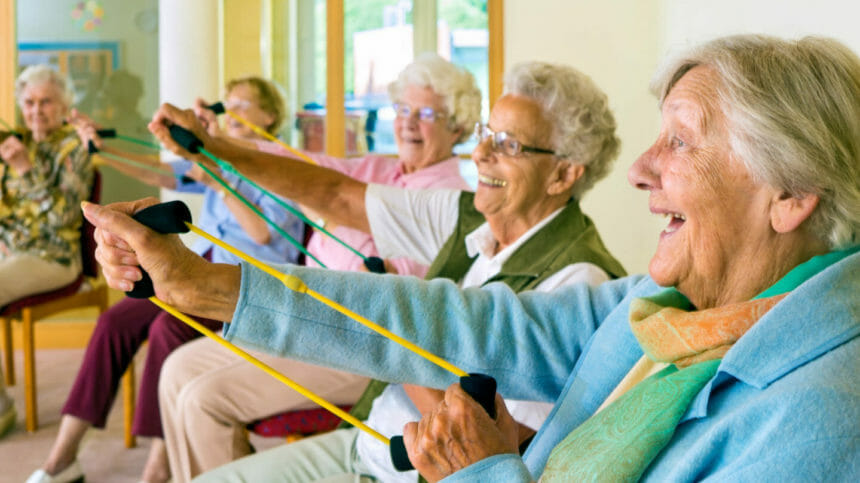
Knowing a resident’s self care capabilities before admission can improve rehabilitation goals for skilled nursing facility residents, researchers say.
A self-care item recently introduced to the Minimum Data Set allows therapeutic teams to better assess a resident’s prior health status and help predict what is needed for recovery, according to a study team from the University of Texas Medical Branch, Galveston, TX.
In a retrospective study of more than 600,000 Medicare fee-for-services beneficiaries from 2018 to 2019, investigators used scores on seven tasks from MDS Section GG to calculate residents’ prior ability to complete self-care and changes in their functional abilities between SNF admission and discharge.
They found that residents who performed self-care independently or needed only some help prior to admission had relatively high self-care total scores at admission and discharge. Their peers who were dependent on others prior to admission, in comparison, had low scores.
Prior health status can have a significant effect on recovery after a major illness, wrote Brian Downer, Ph.D., and colleagues. Having that information in hand is valuable when setting a course for rehab care, he said.
“Our findings are evidence that the new MDS item for a resident’s independence in self-care tasks before SNF admission is a valid measure of their prior self-care function,” the researchers concluded. “This is clinically useful information and should be considered when developing rehabilitation goals.”
The study was published in JAMDA.
Related news:
High-intensity rehab improves function in nursing-home eligible PACE participants
‘A great place to practice’: New AMDA president looks to advance medical directors’ influence




